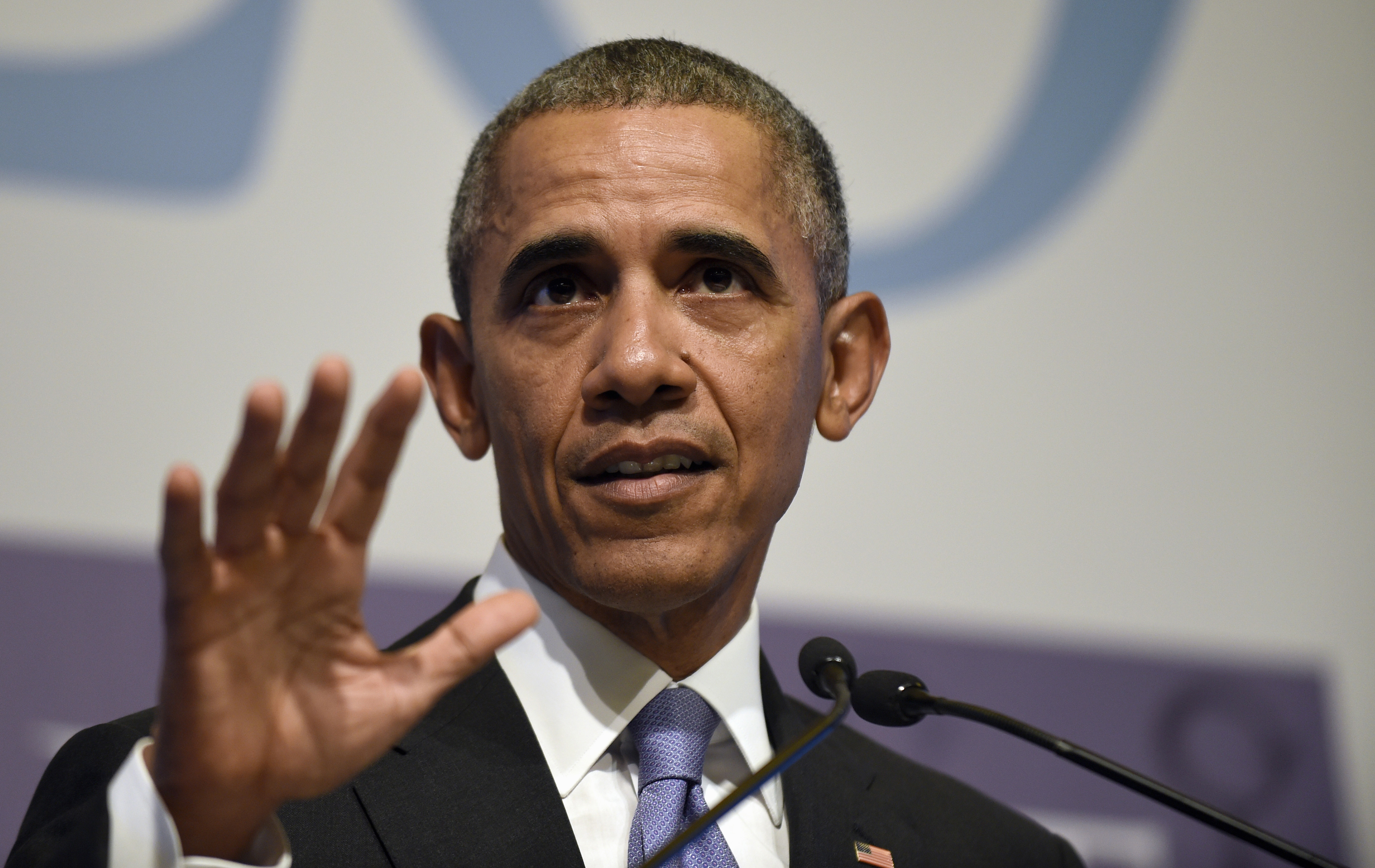Five Tech Trends to Watch in 2019
2018 was a big year for tech: besides a multitude of scandals from the likes of Facebook and Google, lawmakers and regulators at the state and federal level explored consumer data privacy, cybersecurity, election security, fintech and net neutrality legislation, to name a few.
Going into the new year with a Democratic House, experts expect to see movement on a privacy law, maybe some antitrust action taken against Big Tech, as well as maybe, finally, an election security bill and a symbolic push to legislate net neutrality.
Here’s a quick rundown of what tech trends to expect in five key areas in 2019:
1. Big banks will buy up fintechs, and expect a fintech IPO boom.
In 2018, the Department of the Treasury called for the regulation of fintech and the Office of the Comptroller of the Currency (OCC) announced it would allow fintech companies to apply for national bank charters — despite states’ efforts to lure fintechs into state bank charters.
But there’s been very little movement on the bank charter front, most likely because big banks are buying up fintech companies and will likely continue to do so in 2019, according to CB Insights, a research and analysis firm focusing on tech and innovation.
As big banks struggle to innovate, strategies are increasingly shifting to buy up the innovative startups that could soon become competitors.
The fintechs that don’t get acquired may start issuing IPOs, as up until this point the fintech industry has mainly focused on venture backing.
2. Congress will crack down on Big Tech with privacy law, potentially antitrust action.
Experts expect Democrats and Republicans alike to push a privacy legislation in the next congressional session. Some legislators have already hinted at their own drafts.
Sen. Brian Schatz (D-Hawaii) and the Center for Democracy and Technology have already released their own consumer-centric bills that focus on issues like consumer data protection and privacy, but they’re the first in a tidal wave of drafts and suggestions expected to flood Congress in the next few months.
The big point of tension will be between industry needs and safe harbors vs. consumer protections, and right now it’s unclear which way Congress will sway.
One thing both Democrats and Republicans agree on at the moment is the potential for antitrust action against some of the big tech companies, like Facebook and Google. The Trump administration has hinted at potential antitrust action, but breaking up the companies may be difficult to do in court given the current economic understanding of competition and consumer harm.
Regardless, Congress and the Federal Trade Commission (FTC) will likely look for ways to stop tech companies from getting quite so big and accumulating so much social influence.
3. More federal agencies will crack down on cybersecurity.
Numerous reports released over the last year show how terrible federal agencies are at protecting themselves from cybercriminals — and even the more vigilant agencies, like the Department of Defense, aren’t doing that well.
A recent Government Accountability Office (GAO) report found that some of the biggest agencies are doing better on the cybersecurity front, but there’s still a long way to go, and Congress knows this. The House Energy and Commerce Committee already released a cybersecurity strategy report detailing how it hopes to tackle cyber problems in 2019.
Thanks to a new law establishing a cybersecurity agency within the Department of Homeland Security (DHS), regulators may be able to help federal agencies improve as well as hold them accountable for poor cybersecurity.
Even the Securities and Exchange Commission (SEC) announced it would make cybersecurity a priority in 2019 to better protect financial markets.
These efforts don’t come a moment too soon as cyberattacks continue to ramp up and become more sophisticated and complex, according to the McAfee Labs 2019 Threat Predictions Report.
4. The 5G fight will escalate.
The Federal Communications Commission (FCC) has been working hard to allow the telecom industry to launch 5G wireless networks, but municipalities are fighting for the right to regulate 5G deployment themselves.
Part of the problem is the telecom industry needs more spectrum and there are still roadblocks to getting what it needs. It’s shaping up to be a tense year for the industry as it seeks to launch quickly and compete with China and other nations.
5. The net neutrality fight will continue with legislative efforts and lawsuits.
Many activist groups on both sides of the debate have been pushing for Congress to legislate net neutrality and end the ping-pong of rules from the FCC once and for all, but even if net neutrality-focused Democrats pass a bill in the House, it will likely die in the Senate or on the president’s desk.
Still, symbolic attempts to reinstate hard-line net neutrality rules will be popular with some liberal voters and could set the stage for future net neutrality legislation if Democrats win the White House in 2020.
If legislative efforts don’t work, a few pending court cases could result in reinstatement of the FCC’s Title II net neutrality rules.
First there’s Mozilla v. FCC, for which the first oral arguments are scheduled for Feb. 1, 2019, and then there’s the Department of Justice’s lawsuit against the state of California for passing its own net neutrality rules, for which oral arguments have not yet been scheduled.
Experts disagree on how the net neutrality debate will shake out: some say net neutrality’s days are numbered, but others say the court cases could save it.



